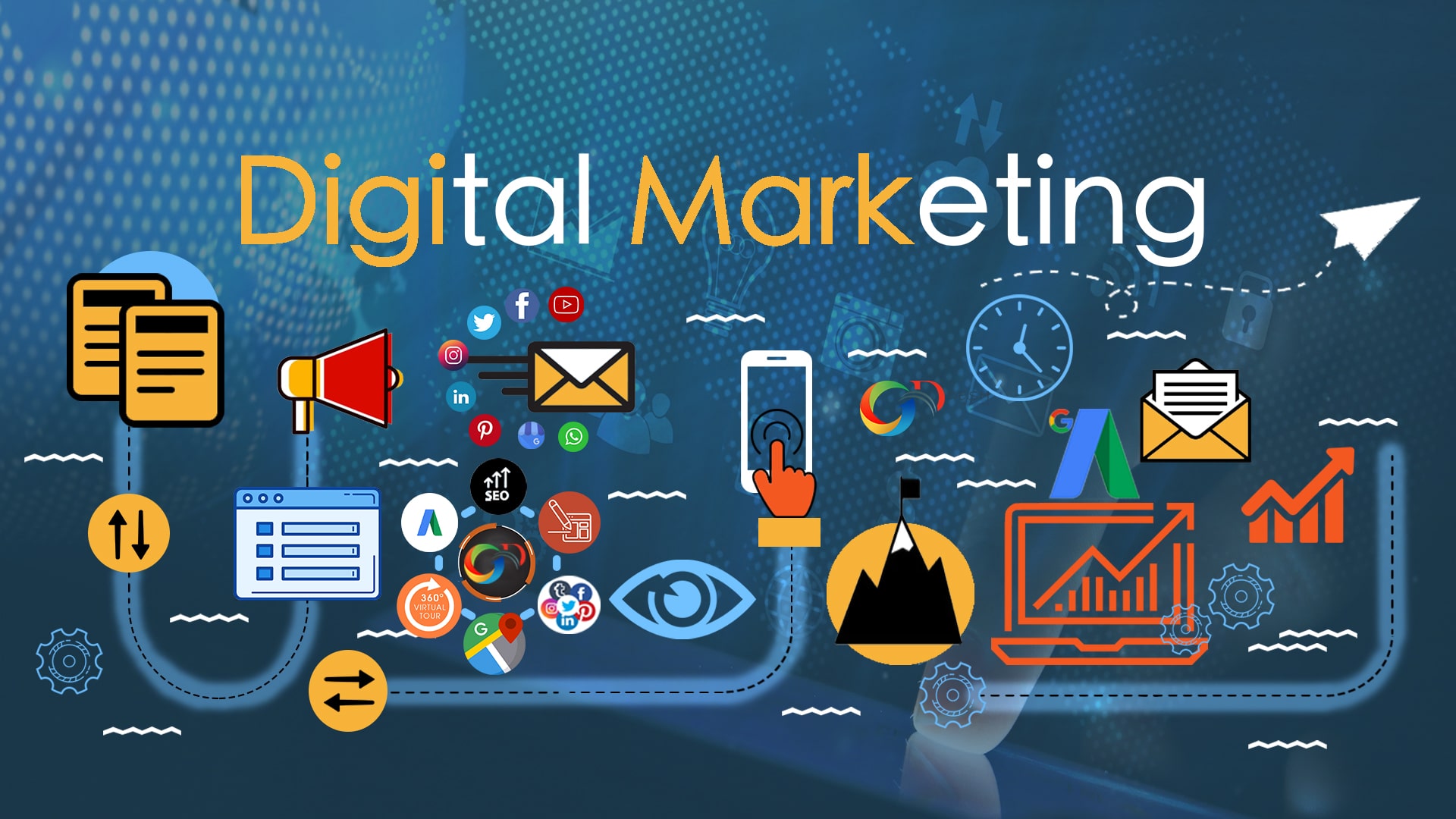Digital marketing has become an ever-evolving landscape, adapting to technological advancements, changing consumer behaviors, and emerging trends. As we step into 2024, the digital marketing landscape continues to transform, presenting new challenges and opportunities for businesses. In this article, we explore the key trends and tactics shaping the evolution of digital marketing in the current year.
Table of Contents
1. Artificial Intelligence (AI) in Marketing:
a. Personalized Customer Experiences:
AI-powered tools analyze vast amounts of data to create personalized customer experiences. From tailored product recommendations to personalized content, AI enhances engagement and conversion rates.
b. Chatbots and Virtual Assistants:
Chatbots and virtual assistants powered by AI provide instant customer support, answer queries, and guide users through the purchase process. This not only improves customer satisfaction but also streamlines operations.
2. Video Marketing Dominance:
a. Short-Form Video Content:
Short-form videos, especially on platforms like TikTok and Instagram Reels, have gained immense popularity. Businesses leverage these platforms to create engaging, bite-sized content that captures audience attention.
b. Live Video Streaming:
Live video streaming continues to be a powerful tool for real-time engagement. Businesses use live streams for product launches, behind-the-scenes looks, and interactive sessions, fostering a sense of connection with the audience.
3. Influencer Marketing Evolution:
a. Nano and Micro-Influencers:
Brands are increasingly collaborating with nano and micro-influencers who have smaller, more niche audiences. This trend emphasizes authenticity and fosters deeper connections with consumers.
b. Long-Term Partnerships:
Instead of one-off campaigns, brands are forming long-term partnerships with influencers. This approach builds trust and credibility over time, enhancing the effectiveness of influencer marketing.
4. Voice Search Optimization:
a. Optimizing for Voice Queries:
With the rise of voice-activated devices like smart speakers and virtual assistants, businesses are optimizing their digital content for voice search. This involves using conversational language and providing concise, direct answers.
b. Local SEO for Voice Searches:
Local businesses focus on local SEO strategies to appear in voice search results. Optimizing content for local queries and maintaining accurate business information contribute to visibility in voice searches.
5. Interactive Content Experiences:
a. Quizzes, Polls, and Surveys:
Interactive content, such as quizzes, polls, and surveys, encourages audience participation. It not only captures attention but also provides valuable insights into consumer preferences.
b. Augmented Reality (AR) Experiences:
AR experiences allow users to interact with products virtually before making a purchase decision. This immersive approach enhances the customer journey and contributes to higher engagement.
6. Data Privacy and Ethical Marketing:
a. Transparent Data Practices:
As concerns about data privacy grow, businesses prioritize transparent data practices. Clearly communicating how data is collected, stored, and used fosters trust with consumers.
b. Ethical Marketing Initiatives:
Consumers are increasingly drawn to brands with strong ethical values. Ethical marketing, including sustainable practices and social responsibility, resonates with conscious consumers.
7. Ephemeral Content and Disappearing Stories:
a. Temporary Content:
Ephemeral content, such as disappearing stories on platforms like Instagram and Snapchat, is favored for its temporary nature, creating a sense of urgency and exclusivity.
b. Brand Stories and Updates:
Brands utilize ephemeral content to share behind-the-scenes glimpses, product updates, and time-sensitive promotions. This approach fosters a sense of authenticity and immediacy.
Conclusion:
The evolution of digital marketing in 2024 is characterized by a dynamic blend of technological innovation, consumer-centric strategies, and ethical considerations. Businesses that adapt to these trends and embrace emerging tactics will not only stay relevant but also build stronger connections with their audiences. As digital marketing continues to evolve, the key lies in staying agile, embracing innovation, and aligning strategies with the ever-changing expectations of the digital landscape.
